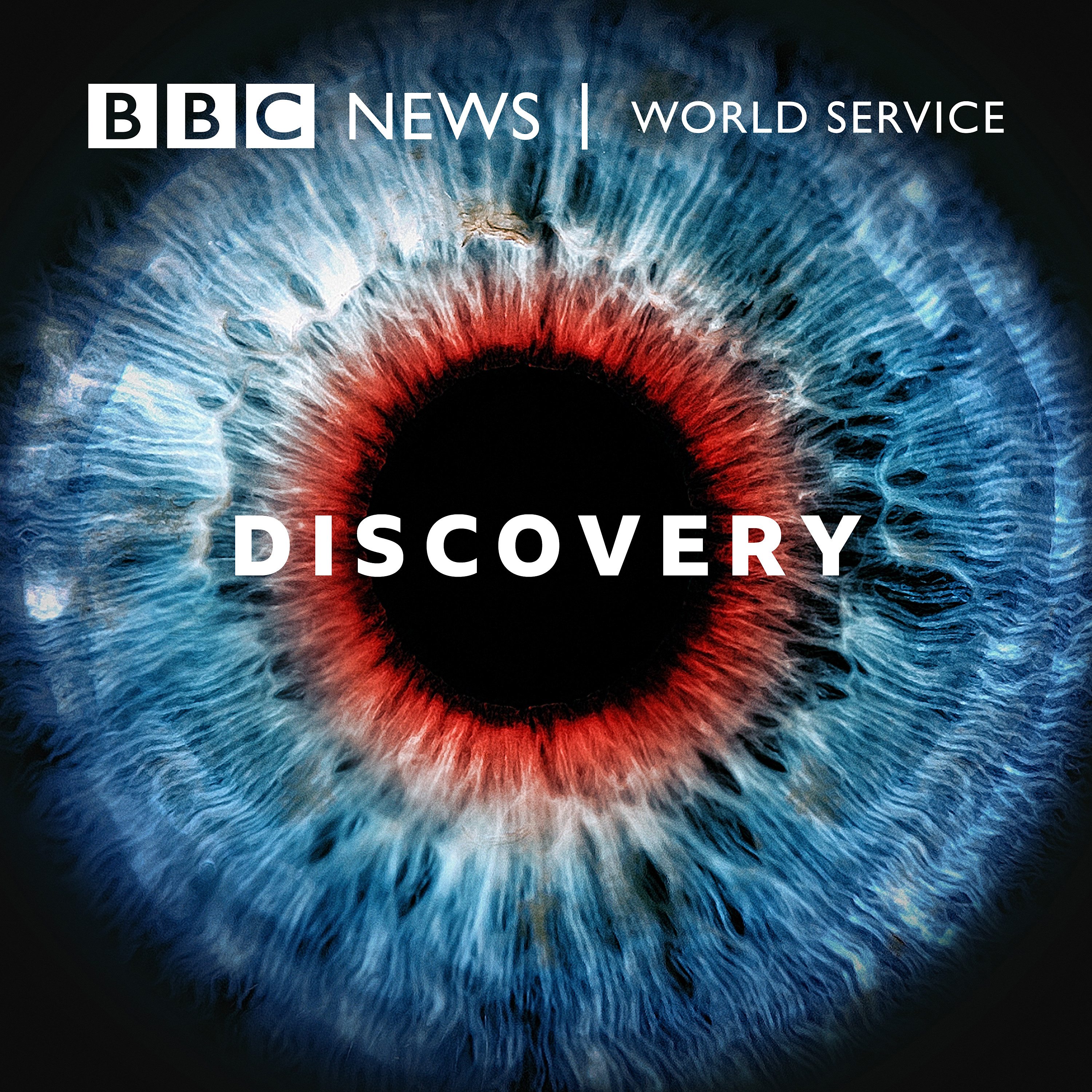Hot Gossip - Part One

If language elevates us above other animals, why does human society seem to spend so much time gossiping? Perhaps it's because without gossip there would be no society and language would be much less interesting. In the first of two programmes, Geoff Watts explores our fascination with small talk and chit chat. Where did gossip come from, why did it evolve and how has it changed (and changed us) in the digital age?
If your guilty pleasure is rifling through gossip magazines, then here's a reassuring message: you are merely fulfilling an evolutionary drive. The brain is 'hard-wired' to be fascinated by gossip - which not only helps members of your social group to bond but can also help to police those in the group who transgress. Biologist call them \u2018free-riders\u2019 and in large social groups, free-riders can wreak havoc with the society unless they\u2019re policed \u2013 by gossip.
For anthropologist Robin Dunbar, author of the now classic text, Grooming, Gossip and The Evolution of Language, it is not the pearls of wisdom that makes the world go round but everyday tittle tattle: \u201cWe are social beings and our world is cocooned in the interests and minutiae of everyday social life. They fascinate us beyond nature\u201d. Gossip, which Dunbar says can be traced back to social grooming in apes, makes up around two-thirds of general conversation according to his research. Without gossip says Dunbar \u201cthere can be no society\u201d.
Of course, historically, culturally, morally gossip has rarely been seen as anything but good. In Judaism where derogatory speech about another person has a special name \u2013 \u2018Lashon Hara\u2019 or 'evil tongue', it is, says Rabbi Jonathan Sacks, \u201c\u2026regarded it as one of the worst of all sins\u2019. Gossip is said to kill three people, \u201cthe one who says it, the one he/she says it about, and the one who listens in. Gossip is not just a sinful act but one that contaminates others\u201d. Nowhere is this more evident than recent cases of internet trolling and cyber bullying. \u201cwe need a new ethic\u201d argues Sacks. But are we even capable of changing our nasty habits?
Producer: Rami Tzabar
(Photo: A person whispering, Credit: Getty Images)